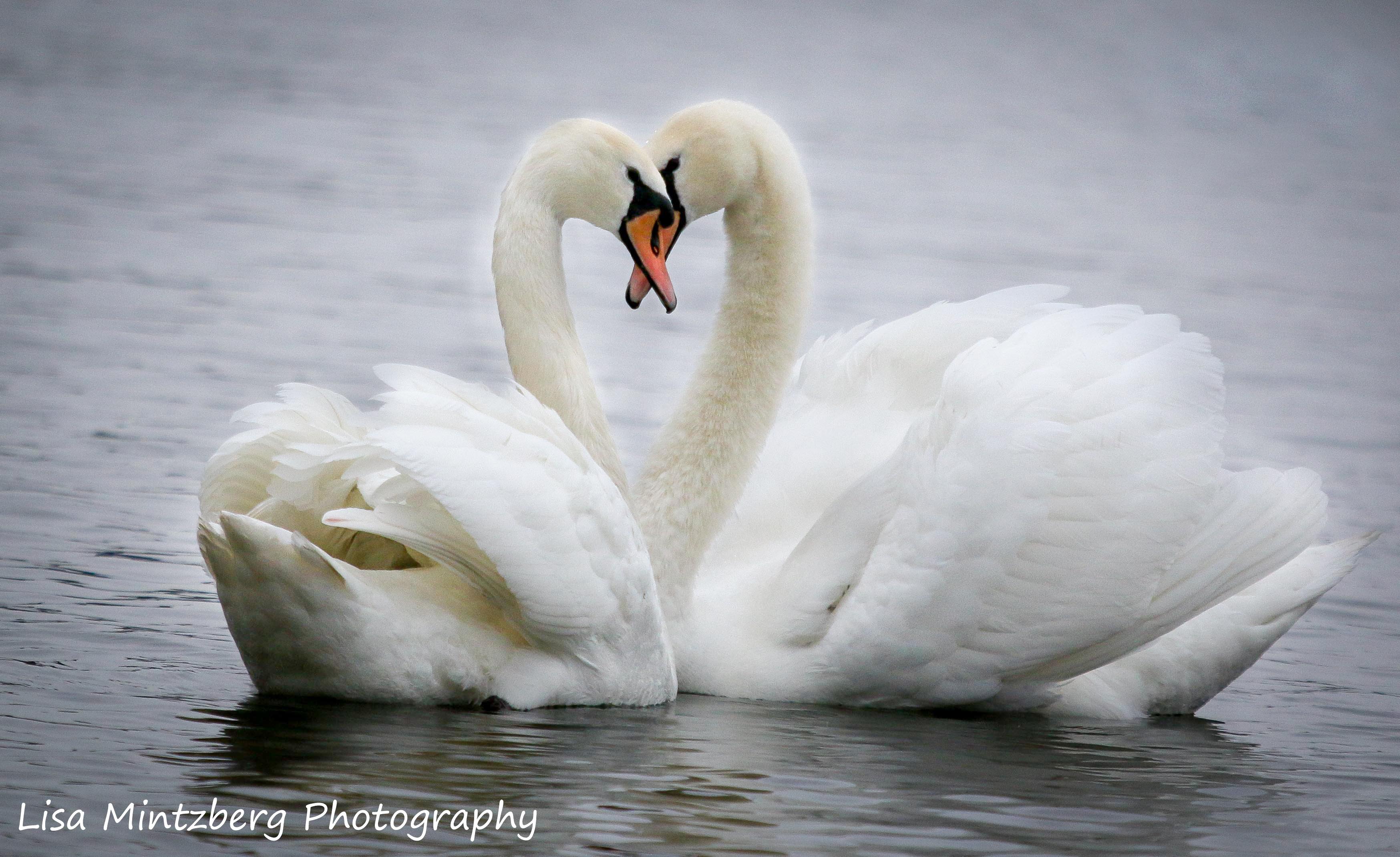Blog: Short Stories (Reflections from the Window)
Subscribe
Blog
This blog is about reframing management and lots more. It started as a TWOG (TWeet 2 blOG) but is now also a much LinkedIn 2 blog. Every few weeks, from pithy pronouncements in a line or few to playful provocations in a page or few. See the BLOGs directly (now numbering over 200 posts), connect to them via LinkedIn or twiXer, or subscribe on MailChimp.Categories
2 September 2014
18 December 2023
25 February 2022
9 March 2019
2 September 2015
23 May 2023
9 September 2022
7 December 2020
6 December 2020
17 October 2018
22 March 2017
16 June 2016
25 May 2016
7 April 2016
24 March 2016
14 January 2016
30 July 2015
23 July 2015
28 May 2015
21 May 2015
19 February 2015
31 October 2014
24 October 2014
26 September 2014
11 May 2023
27 January 2023
6 January 2023
17 November 2022
16 February 2019
18 November 2018
28 July 2018
2 June 2018
15 September 2017
3 June 2016
21 April 2016
14 April 2016
17 March 2016
10 December 2015
22 October 2015
1 May 2015
12 February 2015
5 February 2015
3 October 2014
19 September 2014
2 April 2025
1 April 2020
29 August 2018
24 August 2016
9 September 2015
9 July 2015
25 June 2015
26 March 2015
10 October 2014
23 September 2023
7 January 2022
4 October 2021
19 September 2020
7 December 2019
22 October 2019
28 January 2019
3 January 2019
16 March 2018
14 September 2016
5 November 2015
29 October 2015
11 June 2015
2 April 2015
2 April 2024
17 April 2023
19 February 2021
15 August 2018
31 March 2016
15 October 2015
5 March 2015
30 January 2015
21 November 2014
14 September 2018
23 October 2016
28 November 2014
19 March 2023
4 May 2017
22 February 2017
7 February 2017
1 July 2015
19 December 2014
12 December 2014
5 December 2014
10 April 2024
2 September 2020
2 April 2020
13 February 2018
18 May 2017
19 April 2017
27 July 2016
6 January 2016
24 December 2015
3 December 2015
26 November 2015
12 August 2022
24 June 2022
25 November 2021
7 March 2020
1 February 2020
1 January 2020
20 December 2019
4 October 2019
5 September 2019
16 August 2019
19 July 2019
4 July 2019
20 June 2019
30 April 2019
23 March 2019
2 October 2018
7 December 2017
6 July 2016
16 December 2015
23 September 2015
17 September 2015
27 August 2015
6 August 2015
20 January 2015
9 January 2015
2 January 2015
26 December 2014
14 November 2014
7 November 2014
17 October 2014
24 October 2025
25 January 2025
1 August 2024
2 April 2022
25 March 2022
27 October 2021
18 October 2020
5 August 2020
9 June 2020
8 June 2020
2 May 2020
1 May 2020
15 January 2019
15 January 2018
9 November 2017
29 July 2017
9 March 2017
26 January 2017
11 February 2016
18 June 2015
3 June 2017
4 October 2016
8 October 2015
31 October 2018
27 October 2017
17 April 2015
10 April 2015
8 April 2021
17 July 2020
8 December 2018
13 July 2018
17 May 2018
21 December 2017
2 September 2016
17 August 2016
20 August 2015
28 April 2016
10 March 2016
5 April 2020
4 April 2020
31 March 2020
7 June 2018
1 July 2017
22 June 2017
8 June 2017
20 January 2017
12 August 2016
14 July 2016
8 June 2016
24 February 2016
21 January 2016
12 November 2015
24 April 2015
14 September 2025

